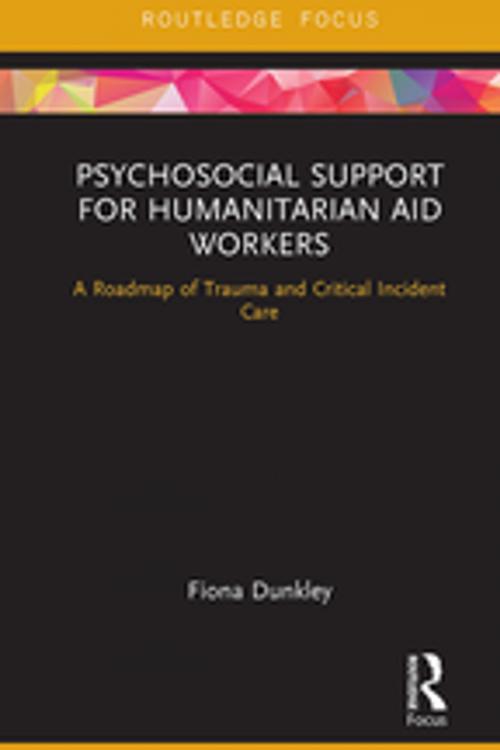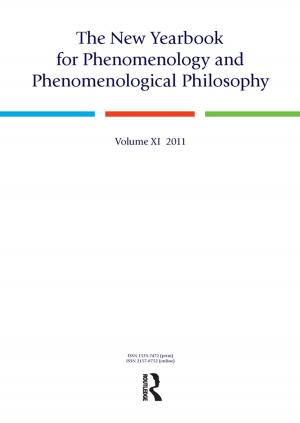Psychosocial Support for Humanitarian Aid Workers
A Roadmap of Trauma and Critical Incident Care
Nonfiction, Health & Well Being, Psychology, Mental Illness, Psychotherapy, Mental Health| Author: | Fiona Dunkley | ISBN: | 9781351782043 |
| Publisher: | Taylor and Francis | Publication: | March 13, 2018 |
| Imprint: | Routledge | Language: | English |
| Author: | Fiona Dunkley |
| ISBN: | 9781351782043 |
| Publisher: | Taylor and Francis |
| Publication: | March 13, 2018 |
| Imprint: | Routledge |
| Language: | English |
Humanitarian aid workers are trying to make a difference in an increasingly dangerous world. Psychosocial Support for Humanitarian Aid Workers: A Roadmap of Trauma and Critical Incident Care highlights the risks of such work, educates professionals responsible for their duty of care, and brings together current thinking to promote collaborative working to support the carers of our world.
From the humanitarian aid worker trying to organise support amongst chaos, to the professional offering a safe place for recovery, all of these individuals are at risk of becoming traumatised. Therefore, it is vital that we recognise the psychological risks on these individuals, and that they recognise how they can support themselves, so they can continue to function in the work that they do. This book can be used as a trauma awareness guide for all staff whose work exposes them – directly or indirectly – to trauma, and therefore becomes a risk to their physical or mental wellbeing.
Psychosocial Support for Humanitarian Aid Workers will appeal to all those working in the field of humanitarian aid, counsellors and psychotherapists, emergency first responders, as well as those who are looking to support themselves after surviving trauma.
Humanitarian aid workers are trying to make a difference in an increasingly dangerous world. Psychosocial Support for Humanitarian Aid Workers: A Roadmap of Trauma and Critical Incident Care highlights the risks of such work, educates professionals responsible for their duty of care, and brings together current thinking to promote collaborative working to support the carers of our world.
From the humanitarian aid worker trying to organise support amongst chaos, to the professional offering a safe place for recovery, all of these individuals are at risk of becoming traumatised. Therefore, it is vital that we recognise the psychological risks on these individuals, and that they recognise how they can support themselves, so they can continue to function in the work that they do. This book can be used as a trauma awareness guide for all staff whose work exposes them – directly or indirectly – to trauma, and therefore becomes a risk to their physical or mental wellbeing.
Psychosocial Support for Humanitarian Aid Workers will appeal to all those working in the field of humanitarian aid, counsellors and psychotherapists, emergency first responders, as well as those who are looking to support themselves after surviving trauma.















